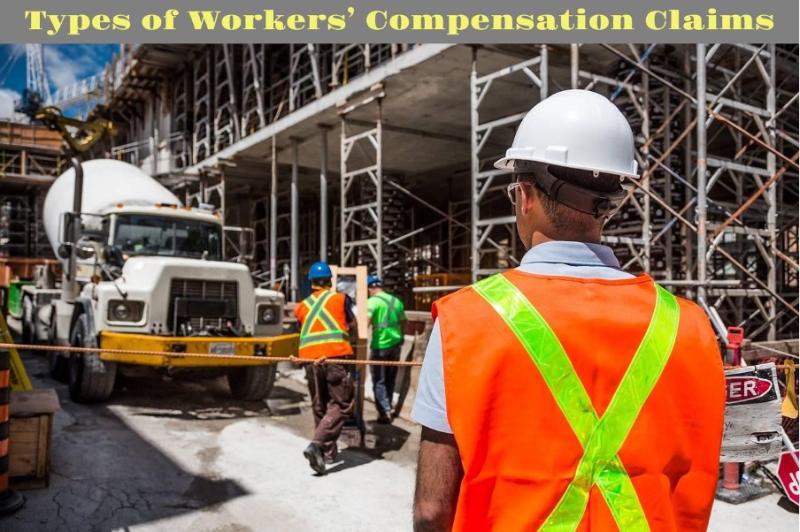What Are The Different Types Of Workers’ Compensation Claims?

Workers’ compensation is an insurance policy that guarantees medical and financial benefits to employees injured or ill at work. This policy is designed to compensate employees and their families in return for their dedication and services. Generally, all employees are required to have workers' compensation insurance to protect covered employees. To file a worker’s compensation claim, you have to hire an attorney, and what better than the proficient and experienced I&i attorney Everett. Such veteran attorneys can help you seek benefits such as medical treatments, time compensation, weekly benefits, and many other perks.
There are generally five different types of worker’s compensation claims. All of these situations have been discussed below.
Claim for Medical Treatment Only
The worker would get medical attention from a healthcare provider for this claim, but his injury or illness is not severe enough to miss work or take leaves. The worker can join back immediately as soon as he receives the treatment and recovers. The claim remains valid only if the worker rejoins the duty.
Claim for Medical Treatment with Lost Time from Work
In this case, the injury is severe, so the worker had to miss his work and take off for a few days. Here he is going to receive two-third of his monthly income on a weekly basis. The worker can return to work as soon as he recovers from the injury or illness.
Claim for Medical Treatment and Injuries that Prevent Employees from Returning to Previous Jobs
In this case, the worker is highly ill or injured to the extent that he cannot return to his previous job. Here, he would receive two-thirds of his weekly wage for some weeks or until and unless he doesn’t recover completely and is allowed to work again by the physician.
Claim for Medical Treatment and Injuries that Prevent Employees from Returning to any type of Work
The worker would receive medical treatment, but the injury or illness would have to be either lifelong or so severe that he wouldn’t return to work. These injuries or illnesses include paralysis, blindness, removal of limbs or arms, etc. These types of cases are quite complex as there is no fixed number of weeks for receiving income support. There is always room for adjustments in these types of cases.
Claim for Providing Death Benefits to the Deceased’s Family
In case a worker dies at work due to stress or extreme conditions that caused an accidental death, then the dependents would have to be taken care of. Benefits would be provided to the immediate family of the worker. The company would bear the funeral and burial costs as well.
In the first three cases, the high chances are that the worker might be terminated by the employer, if he stays off from work for a more extended period. However, there are a few exceptions as well. All these types of claims are valid and created in order to benefit the workers, especially those who fall in the laborers’ category.
More to Read:
Previous Posts:





